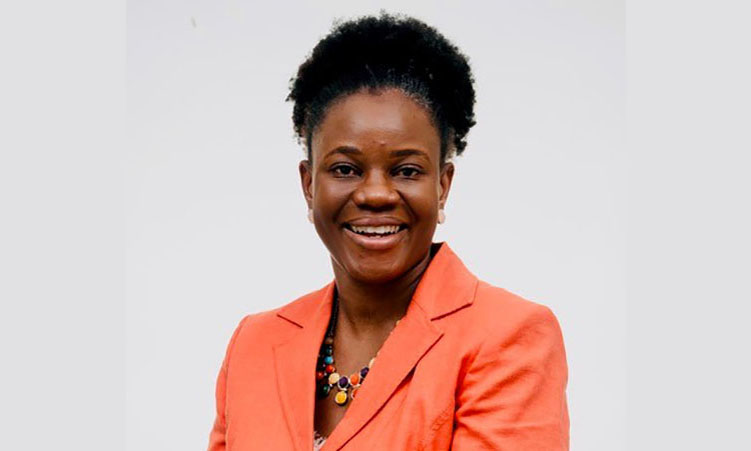About 72 000 out of roughly 85 000 children were born to unmarried parents in 2021.
This means 84% of children registered with the Ministry of Home Affairs, Immigration, Safety and Security in that year were those of single parents.
This was confirmed by the Namibia Vital Statistics Report, released by the Namibia Statistics Agency yesterday.
Experts, however, say unplanned and teenage pregnancies contribute to Namibia’s high rate of births out of wedlock.
Others say the statistics are of concern, since research holds that unmarried mothers and their children face greater obstacles and suffer greater strain than married couples and their children.
In 2021, 85 853 births were registered, and only 8% of these registrations involved the children of married parents.
This translates to roughly 6 868 births registered by unmarried parents during the period under review.
The report’s findings cover the period from 2018 to 2021.
The statistics also show that over the review period, more than 80% of birth registrations were of unmarried parents.
The NSA says 2018 recorded the lowest number of births registered by unmarried parents, at 51,2%.
This is out of 114 232 births recorded in that year.
The highest percentage of births registered by unmarried parents was 86,2% in 2019, followed by 86% in 2020.
In that same vein, 2019 saw the highest number of births registered at 128 761, and 6,4% of those were of parents married to each other at the time of birth registration.
There were more births from mothers in the age groups of 20 to 24, and 30 to 34 during the period under review.
The Khomas and Oshikoto regions had the highest number of births across the years, while the Kavango West and Omaheke regions had the lowest number of births.

‘SHIFT IN VALUES’
Christian Coalition of Churches in Namibia chairperson Shirley Magazi says the above statistics are a clear indication of a shift in moral values.
She says this calls for reflection in terms of the trajectory Namibia is on.
Magazi, however, says the statistics are not unusual, because globally, the percentage of births to unmarried women has increased to 89%.
She says the situation in Namibia is concerning, because unmarried mothers and their children face greater obstacles.
“The children of married parents are less likely to be aborted, abused or neglected. They also receive more affection from their fathers,” she says.
Magazi says although it’s premature to conclude what the reasons may be, this could be attributed to a lack of family-friendly policies.
Laws that protect family values are entrenched in the bill of rights, she says.
“It also could indicate a reduced lack of influence the church has on instilling biblical values in society, exacerbated by the removal of biblical and moral teachings in the public school curriculum.
“It is clear that with an increase in teenage pregnancy, there will be an increase in births to unmarried women,” the chairperson says.
‘LOW MARITAL RATE’
Sociologist Lucy Edwards-Jauch says the statistics could also be attributed to the fact that Namibia generally has a low marital rate.
“People are delaying marriage because it is a union between individuals, a union between family groups and alliances between family groups. As such, there are a lot of rituals involved, but also a lot of costs,” she says.
Edwards-Jauch says people are cohabiting or are in informal unions, which does not mean they do not engage in domestic relationships.
Namibian Family Planning Association (Nappa) communication and advocacy officer Louise Mhundwa says the statistics can also be attributed to unplanned and teenage pregnancies.
She says socio-economic factors such as poverty sees young women engaging in transactional sexual relationships, leading to unplanned pregnancies.
“… of which some fathers sometimes refuse to take responsibility for the child, and abortion is illegal, hence they have to keep the baby,” Mhundwa says.
She says Nappa tries to empower young women by educating them on sexual reproductive health, and advising teenagers to abstain until they complete school.
“Our two focus areas are education and sexual reproductive health service provision,” she says.
Stay informed with The Namibian – your source for credible journalism. Get in-depth reporting and opinions for
only N$85 a month. Invest in journalism, invest in democracy –
Subscribe Now!







